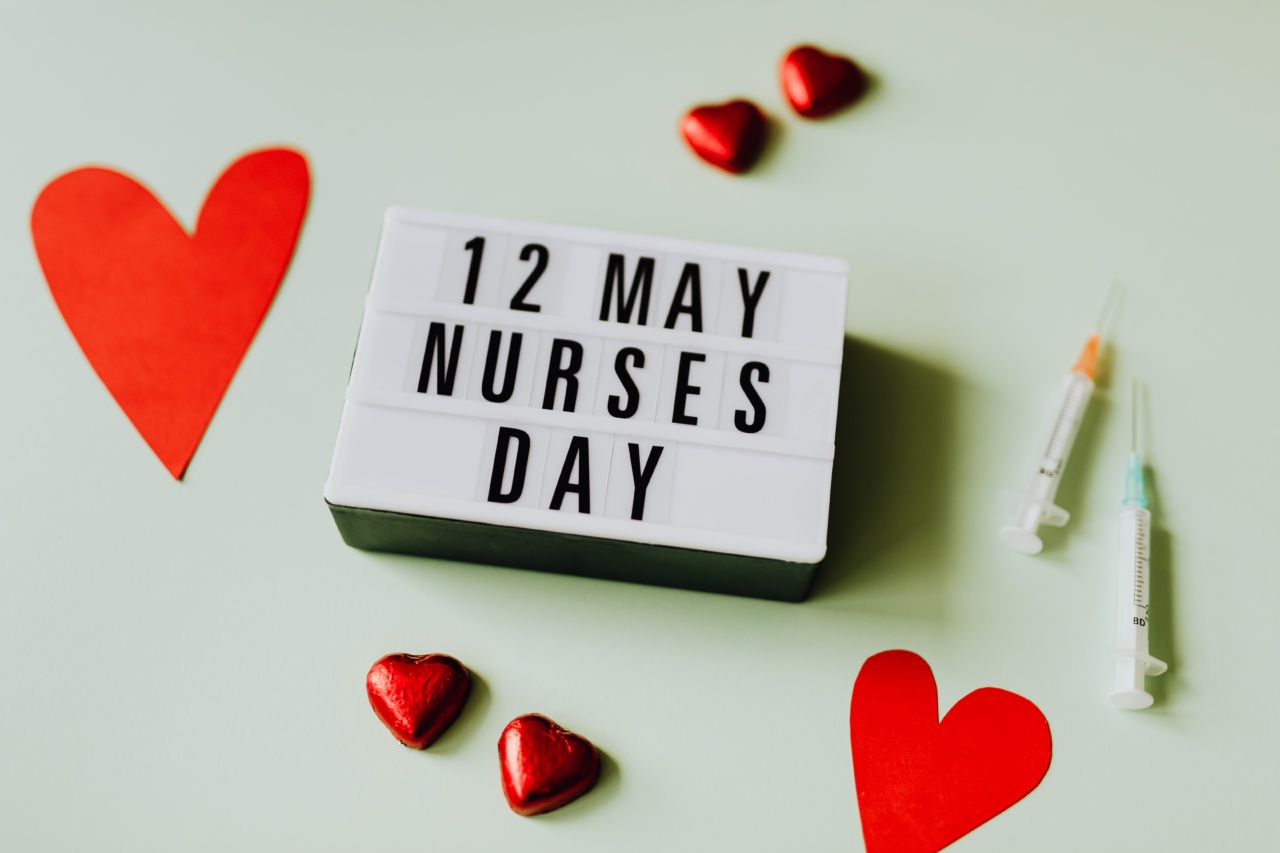Have you been waking up multiple times during the night to urinate? If so, you might be experiencing a condition known as nocturia. Nocturia is a common problem that affects millions of people, especially as they age.
While it may seem like a minor inconvenience, recent studies indicate that it could be a warning sign for a more serious underlying issue – heart disease. In this article, we will explore the link between nocturia and heart disease, its potential causes, and what you can do to protect your heart health.
Understanding Nocturia
Nocturia refers to the need to wake up at night to urinate. It is different from bedwetting, which primarily affects children.
Nocturia commonly affects adults and can disrupt their sleep patterns, leading to daytime fatigue and decreased overall well-being. Individuals with nocturia typically experience the urgent need to pass urine, despite having a reasonably empty bladder. Age-related changes in bladder capacity and urine production can contribute to this condition.
Is Nocturia Linked to Heart Disease?
Recent research suggests that there may be a connection between nocturia and heart disease.
Multiple studies have found that individuals with frequent nocturia episodes, especially three or more times a night, are at a higher risk of cardiovascular issues. These studies indicate that nocturia might serve as an early warning sign for heart disease, allowing for timely intervention and preventive measures.
However, it is crucial to note that nocturia is just one potential risk factor, and further research is needed to establish a definitive link.
Potential Causes of Nocturia
Nocturia can have various causes, including:.
1. Fluid Intake:
Consuming excessive fluids, especially before bedtime, can increase urine production and ultimately lead to nocturia.
2. Medications:
Certain medications, such as diuretics, commonly prescribed for conditions like high blood pressure, can increase urine output and contribute to nocturia.
3. Obstructive Sleep Apnea (OSA):
OSA is a sleep disorder characterized by repetitive breathing interruptions during sleep. Studies have found a correlation between OSA and nocturia, potentially due to increased fluid production and nocturnal urine formation caused by fragmented sleep.
4. Hormonal Imbalances:
Shifts in hormonal levels, such as reduced anti-diuretic hormone (ADH) or increased atrial natriuretic peptide (ANP), can affect urine production and contribute to nocturia.
5. Age-Related Changes:
As we age, our bladder capacity may decrease, and the bladder muscles may weaken, leading to nocturia.
6. Urinary Tract Infections (UTIs):
UTIs can irritate the bladder, causing more frequent urination, including during nighttime.
Protecting Your Heart Health
While research suggests a potential link between nocturia and heart disease, it is essential to address both conditions separately. Here are some general tips for protecting your heart health:.
1. Maintain a Healthy Lifestyle:
Engaging in regular physical activity, adopting a balanced diet, maintaining a healthy weight, and avoiding smoking can significantly reduce your risk of heart disease.
2. Manage Blood Pressure:
Monitor your blood pressure regularly and follow your healthcare provider’s recommendations to keep it within a healthy range. High blood pressure can strain your heart and increase the likelihood of heart disease.
3. Control Cholesterol Levels:
Higher levels of bad cholesterol (LDL) can lead to plaque buildup in your arteries, increasing the risk of heart disease. Incorporate heart-healthy foods and discuss with your doctor if cholesterol-lowering medication is necessary.
4. Manage Diabetes:
Uncontrolled diabetes can damage blood vessels and increase the risk of heart disease. Monitor your blood sugar levels, follow a proper diet, and take any prescribed medications or insulin as directed by your healthcare provider.
5. Regular Check-ups:
Visit your healthcare provider regularly for check-ups and screenings to detect any potential heart disease early.
6. Treat Nocturia:
If you are experiencing frequent nocturia, it is crucial to consult a healthcare professional to determine the underlying cause.
They can recommend appropriate interventions or treatments to alleviate symptoms and potentially reduce the risk of heart disease.
Conclusion
Nocturia, the need to wake up at night to urinate, is a prevalent issue, especially among older adults. Recent research suggests that frequent episodes of nocturia may be a warning sign for heart disease.
While more studies are needed to establish a definitive link, it highlights the importance of paying attention to our body’s signals. Taking measures to protect our heart health, such as maintaining a healthy lifestyle and addressing potential causes of nocturia, can contribute to overall well-being and reduce the risk of cardiovascular issues.


























